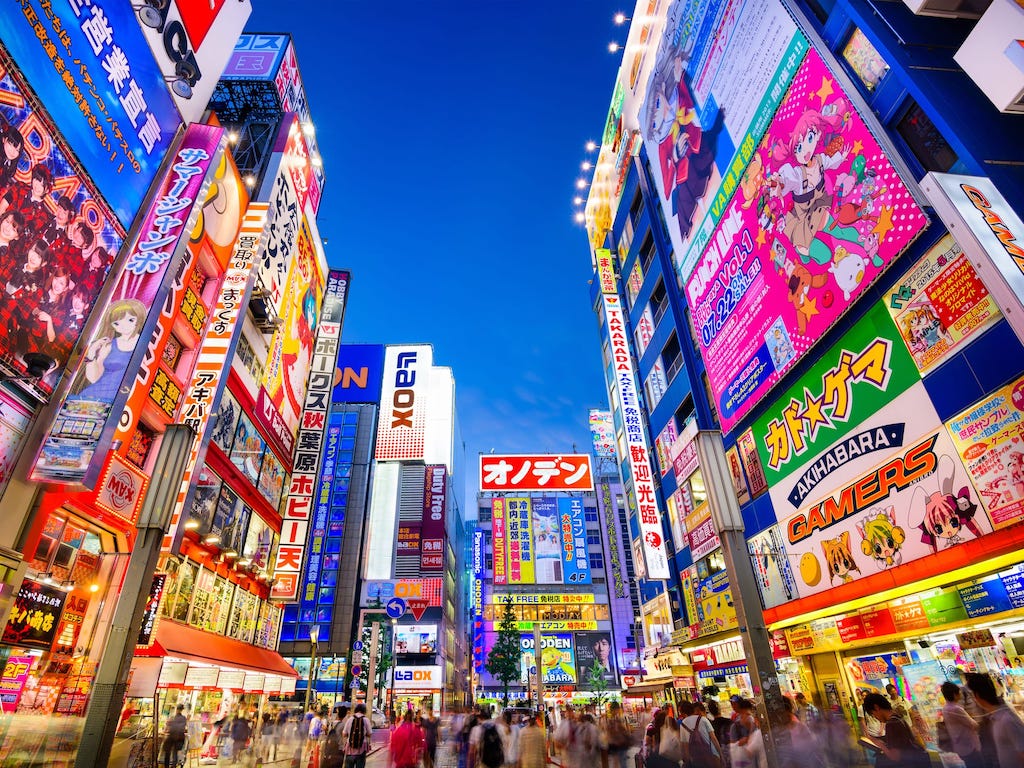4 Mins Read
The Economic and Social Commission for Asia and the Pacific (ESCAP) is the United Nations’ regional hub to promote greater cooperation among countries in the region in order to achieve inclusive, sustainable development. In May, ESCAP published their 2019 report assessing the region’s progress on the globally agreed agenda of 17 UN Sustainable Development Goals (SDGs) for 2030 and the outlook is fairly bleak. In the report, the think tank outlines the shortcomings and progression trends on the SDGs in the five subregions that make up the Asian Pacific. Here, we pulled out the 10 most important highlights from their 2019 mid-year analysis.
1) The Asian Pacific Region Will Not Achieve Any Of The SDGs By 2030
After monitoring and reviewing data in all five subregions in Asia and the Pacific, ESCAP predicts that the region will not be achieving any of the 17 SDGs by 2030. While some steps forward have been made in certain areas, even in these areas the progress has to be accelerated if the region is to meet targets by the year 2030.
2) Regression Trend In Clean Water, Decent Work & Responsible Consumption And Production
In general, we are seeing a common backwards trend in three key areas across the subregions: clean water and sanitation (Goal 6), decent work and economic growth (Goal 8), and responsible consumption and production (Goal 12).
3) Different Subregions Are Also Backtracking On Various Other Targets
More specifically, North and Central Asia is regressing on gender equality, decent work and building sustainable cities and communities. South and Southwest Asia is going backwards on providing clean water and sanitation, responsible consumption and climate action. Southeast Asia is seeing a decline in decent work and economic growth, climate action, and peace and strong institutions. East and Northeast Asia is deteriorating on the goals to build sustainable cities, taking climate action and life on land. The Pacific is experiencing a regression on zero hunger, innovation and infrastructure, life below water and peace and strong institutions.
4) Serious Decline In Environmental Protection
Overall, we are seeing a lack of urgent action to strengthen environmental protection or combating climate change. Of particular concern in relation to this are trends in responsible consumption and production – progress in this goal has fallen the most out of all the goals since 2000. Although the Asian Pacific region did show some signs of progress in 2017, new data available and additional indicators used by ESCAP has revealed that the region currently sits below 2000 levels.
5) Mismanagement Of Natural Resources A Crucial Gap To Be Closed
The report also indicated that a complete turnaround in managing natural resources is necessary if environmental targets are to be reached. One quarter of targets that have experienced a declining trend are associated with poor natural resource management. These include unsustainable food production, populations suffering from water scarcity and high water stress, use of fossil fuels rather than renewable energy, poor management of toxic chemical waste, and the loss of biodiversity.
6) Almost Half Of Indicators Projected To Deteriorate By 2030 Are Environmentally Linked
Nearly 50% of SDG indicators in which we are likely to see a decline in progress by 2030 are environmental. In particular, hazardous waste generation will require the most dramatic reversal if we are to see any positive swing by 2030. Other key indicators include permanent water body extent, people affected from disasters, greenhouse gas emissions (GHGs), the share of renewable energy use, the Ocean Health Index, agricultural GHG emissions, loss of biodiversity on a mass scale, water stress, sustainable forest management and economic loss from natural disasters.
7) Goal 17 Is Vital To Accelerate Progress & Reverse Negative Trends For All Targets
While there are differences between the subregions in terms of the challenges each will face in order to meet the SDGs, all subregions have to reverse negative trends, which can only be achieved if global partnerships are strengthened (Goal 17). The lack of adequate progress on this goal to work together means that the region will continue to struggle to implement effective policy solutions for all of the other 16 goals outlined in the Agenda.
8) Lack Of Reliable Data Available
Across all the 17 SDGs, the lack of availability regarding reliable quality data is a major issue. In the 2019 edition of ESCAP’s report, more SDG indicators and disaggregated data was used, but data gaps remained a problem for around two thirds of the global measures. This will hinder monitoring efforts and future chances of successfully making progress towards the SDGs.
9) Least Data Available For Environmental Indicators
While all the goals involve an integration of all three areas of sustainable development – economic, social and environmental, most of the SDGs can be primarily linked to one of the dimensions more than the others. The report found that in terms of data availability, environmental indicators are the most data-poor, with almost 60% of environmental measures having no data for any of the Asian Pacific countries. This could potentially be explained by the fact that collecting data on environmental development remains a relatively new phenomenon, and requires the use of newer technologies.
10) The Findings Are A Clear Call To Immediate Action
The overarching message of the report is that immediate action is necessary if we are to have a positive story by 2030. Despite the fact that some indicators suggest we are making progress towards ending poverty, ensuring access to education and delivering affordable and clean energy, even on these three fronts there needs to be an acceleration if these targets are to be met. The other globally agreed goals are in fact experiencing a regressive trend in Asia and the Pacific, which we must work to resolve starting today.
This article is a part of Green Queen’s collaboration in the Covering Climate Now project, a week-long initiative to raise global awareness of our planet’s climate emergency.
Lead image courtesy of ESB Professional / Shutterstock.




